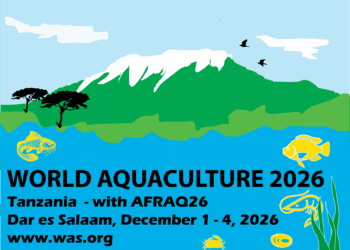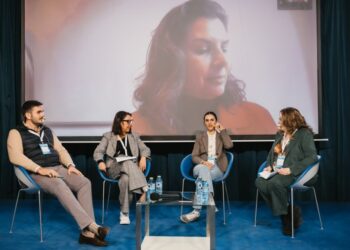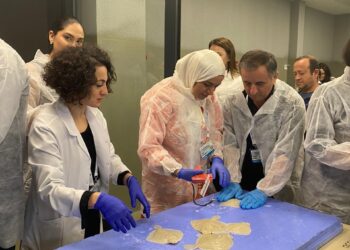There is a hidden dependence of aquaculture on wild fish – Aquaculture, considered a sustainable solution to relieve pressure on natural fish stocks, may actually depend on wild fish much more than previously thought. A recent study published in Science Advances re-evaluated the use of wild-caught fish in aquaculture feed, revealing that the global industry may be consuming significantly more wild fish than previously estimated.
The research, conducted by experts from Miami and New York Universities and Oceana, examined the ratio of fish used for feed (FI:FO – fish-in:fish-out ratio) to fish produced by aquaculture. Previous estimates had placed this ratio at 0.28, but the new analysis suggests it could be up to three times higher for some carnivorous farmed species, such as salmon and trout. This means that for every kilo of farmed fish, two kilos of wild-caught fish may be needed.
One of the most significant findings concerns carnivorous species, which require large amounts of marine protein to grow. The dependence of aquaculture on wild fish sources, including offcuts and by-products of commercial fishing, has never been fully accounted for in previous estimates. This phenomenon raises new concerns about the sustainability of the industry.
The research team also considered the impact of by-catch mortality, i.e. fish that are accidentally caught and returned to the sea, but often do not survive. These factors contribute to an even higher consumption of wild fish than the official estimates.
This data review offers a more complex picture of aquaculture feed production and raises important questions about the future of the industry. The increased use of alternative ingredients in feeds, such as plant proteins and microalgae, has not yet led to a significant reduction in dependence on wild fish. This raises a serious question about the real environmental impact of aquaculture, especially at a time when the offshore sector is expanding rapidly.
The implications of this research are profound. The management of marine resources and the sustainability of aquaculture require critical thinking about the species to be farmed and the approaches taken to limit the consumption of natural resources. Policymakers and stakeholders in the fisheries sector will need to address these challenges if aquaculture is to fulfil its promise of contributing to global food security without depleting marine ecosystems.
There is a hidden dependence of aquaculture on wild fish








